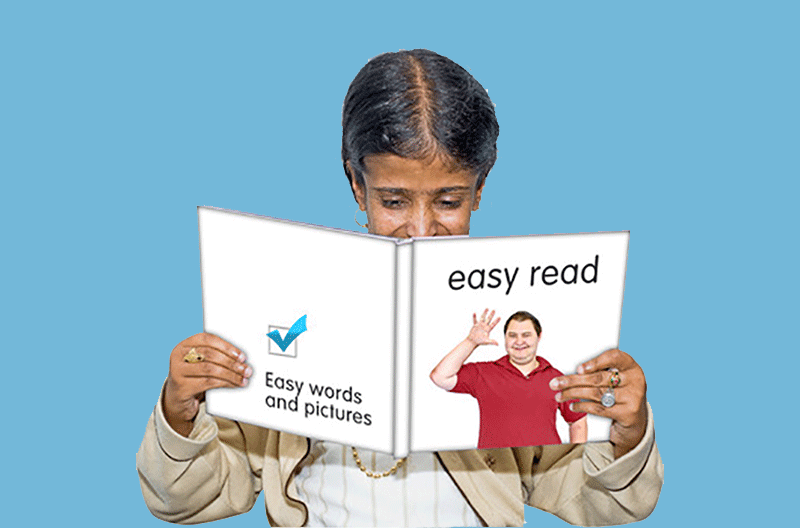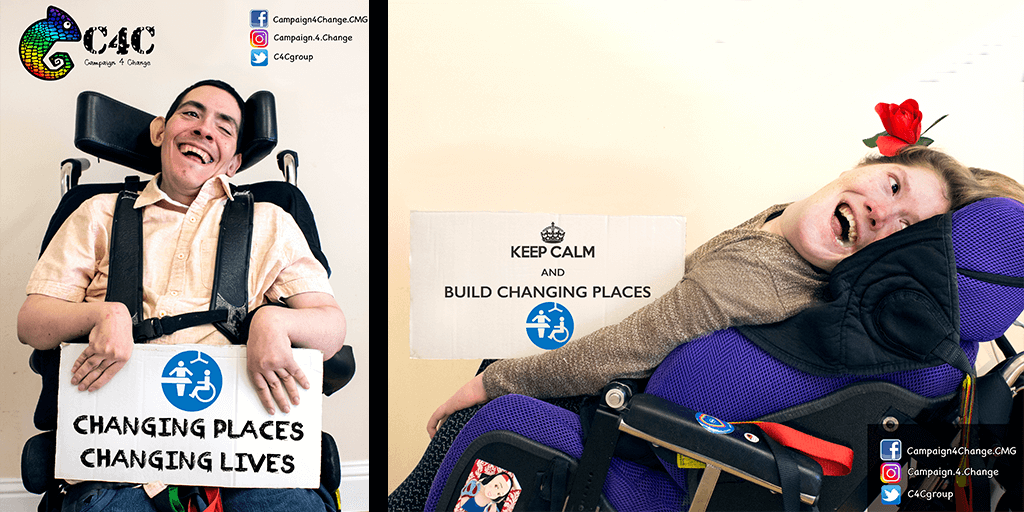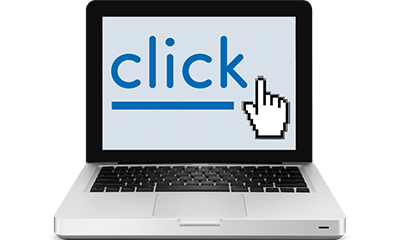More details about adapting communication
Supporting communication is one of the most important ways of making sure people get the most out of health appointments and that their health needs have been fully understood.
All organisations that provide NHS care and/or publicly funded adult social care are legally required to follow the Accessible Information Standard.
The Accessible Information Standard aims to ensure that people who have a disability, impairment or sensory loss get information that they can access and understand and any communication support they need from health and care services.
Easy read
Easy read is a way of writing documents that makes them easier to understand. Easy read normally follows these rules:
- Short sentences written in plain English.
- Pictures alongside the words to help explain things.
- Explanations of any long, difficult words or words that aren’t used very often.
- Larger font size and a clear font type.
Click the button at the top of this page to see this content in easy read.
Communication aids
There are lots of resources that can support communication, including social stories, image-based books and videos.
Using different methods together can help the person understand what will happen in their health appointment.
Be flexible with your patient and open minded to their style of communication. There are lots of different ways you can work together to get the most from their appointment and a little open mindedness can go a long way.
Don’t use jargon
Explain things clearly, without using jargon words or abbreviations. For example:
- ‘I’m going to check if you are a healthy weight for your height’ instead of ‘I’m going to check your BMI.’
- ‘I’m going to prescribe medication that should only be used when you are feeling unwell’ instead of ‘I’m going to prescribe PRN.’
‘Could you tell me if you have any pain anywhere/how you are feeling unwell’ instead of ‘Could you tell me your symptoms?’
Work with support workers
Work with supporters alongside the patient to help understand what the issues are and communicate about health. This is especially important for people who do not use words to communicate.
They can help you to understand how the person communicates and provide you with important information such as health logs, Health Action Plans and side effects of medications they’re taking.











